Do this to get your remote teams engaged.
This question was asked in my private group. (I’ll post a link below if you’d like to join)
Bronwyn works for a company in the medical industry.
Bonwyn asked:
"We're a consultancy and many of our team are pretty isolated from each other and the other business teams. We have started to implement engagement initiatives, but any additional insights would be wonderful."
Greg’s Response:
What you're describing Bronwyn, is really common, very common.
What we found is since COVID, a lot of people work from home, a lot of people are remote accessing.
What we need to think about is how can we get people to emotionally connect just as much as physically connect as if they're in the workplace?
There's a couple of things that I'm finding that's out there in industry that's happening, really simple things. So, I'm going to go from simplicity through to complexity.
I want to start with Sudoku.
So, there's an organization that I'm working with, and every three weeks what they do is they connect on Zoom remotely around Australia, and what they purposely do is not discuss work but they actually play Sudoku together for half an hour.
And the reason why they're doing that is just build team morale and connection, and have a bit of fun.
Building onto a little bit of complexity...
There's a concept that's called Management 3.0.
It's connected with Agile organizations.
It's one of the things that I'm actually licensed in.
And Jurgen Appelo identified that when teams are working remotely, what they also need to do is to have that ability to connect, because with connection comes trust.
One exercises Managaement 3.0 recommends is to take the concept of a “mind map” and essentially change it to a “personal map”.
How this might look, is that once a month teams would get together, and actually just map out things that they'd like to share with each other in a digital environment.
So you might have 10 or 20 people as part of your team.
And then with that personal map, maybe looking at hobbies or interests or travels or things that I know about me, but you don't know about me that I'm willing to share.
Then people are put into breakout rooms in pairs, and we just basically share our insights of things that maybe I know about you, and maybe you don't know about me, but when we come back into the main room then I would then introduce the other person's personal map.
The secret around this is not to get people to introduce themselves by what was on the personal map, but to get other people to introduce the other person about what they found with that. So, that actually starts to build interest and curiosity, and with that, that builds bonding as well.
It's a bit like an ice breaker for a training program.
It's really effective.
Now, to build on more complexity...
There's an organization that I was working with who conducted a town hall meeting, and essentially they do this every quarter.
And what they wanted to do was to identify what were the lessons learnt over the last six months since COVID.
They got me to facilitate a three hour Zoom event with 50 people that was called “What's Hot and What's Happening?”
I put people into small breakout groups and asked them to identify what were their challenges since working in COVID and working from home, what were their successes of working from home since COVID?
After their discussion they were asked to come back and share their findings with the larger audience.
I then put them back into breakout groups, and asked them to decide what are some ideas and opinions that we can actually take from this moving forward so it becomes standard workplace procedures.
And so with that, they had listed about a dozen things we then prioritized, and then those top three to five items then went back to the senior executive team for implementation.
This organisation was seeing COVID as a really unique learning opportunity, and they wanted to be in control of it, not it in control of them.
And I think that's a mature team mindset, but also it is a mature emotional intelligence viewpoint because it got people engaged and actually reduced stress in the team.
So, I hope Bronwyn, that's answered some of your questions in regards to that.
If you are a CEO, CFO or HR Manager please join my private group of global workplace leaders. Gain insights into how other organisations across the world are navigating through the leadership challenges of today.
Link: https://www.facebook.com/groups/employeeengagementstrategies
